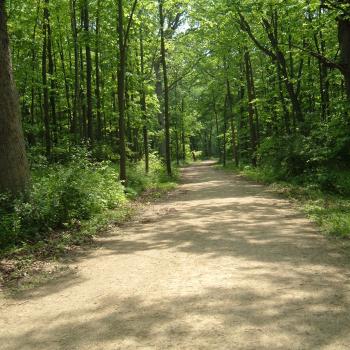So, look, I’m reinventing the wheel, and maybe even suggesting utter nonsense in light of literature on the subject that I haven’t read, both by lack of time and lack of access to the genuinely scholarly stuff that doesn’t show up on the library New Book shelf.
But here goes:
One of my pet peeves is the fact that we are continually coming up with new euphemisms for individuals who have reached the later stages of their lives: when “elderly” as a no-go, it became “senior citizen.” Older workers are “experienced workers.” Sun City-like communities are for people “age 55 or better.” And a book I’m reading now talks about “working in retirement” due to lack of a better word.
So here’s my try:
Divide a middle-class human life in the developed world into stages by simple 20-year intervals. You get:
Youth
Young adulthood
Middle age
Late adulthood
Old age
Youth, is, of course, everyone up to age 20. Sure, age 18 is the legal onset of “adulthood” — but let’s be serious here.
Young adults are the 20s and 30s, establishing their careers, their families, their lives in general.
The middle aged are the 40s and 50s. Yes, there are people who insist that middle-age doesn’t start until age 60 or so, but that’s preposterous. To be middle aged means you mostly have all this stuff figured out — you’re settled in a career (or, if you’ve had a string of careers, you have acquired a reasonable amount of experience), you’ve got some experience at this whole parenthood thing (yes, if you’re poor, you’re more likely to be a grandparent by now, but we’re talking about the middle class, and typical life experiences), you (ought to) have some savings built up by the end of this period. At the same time, you know middle age sets in when you need to buy your first pair of reading glasses, even if you tell yourself that they’re your sewing glasses because it just gets a bit difficult to thread the needle sometimes. And women, of course, see the end of their fertility and experience menopause.
The late adulthood (or “later adulthood”) years are your 60s and 70s. That’s when things start to go downhill. The trick is that the downhill is more gently sloped for some people than others, physically and mentally. At different points during this time span for different people, even without our traditional concept of “retirement age,” it becomes necessary to slow down, to phase out of full-time work, especially out of heavy manual labor or high-stress, complex tasks. At the same time, a new phase of life has begun for the typical parent, now an empty nester and freed from childcare responsibilities and (most of the time) college costs.
And old age is anything age 80 and up. Yes, of course, many people don’t make it this far, but, for the typical person who does hit this age, life has slowed down quite a bit, and enjoyment is found in family and friends rather than travel and excitement.
What’s the point of this?
We have our definition fixed by mileposts coming from Social Security and Medicare, and an all-or-nothing in our work lives. Maybe if we used concepts that don’t presume this, we can think more effectively about the best way to spend our late adult years, and the best policies to adopt.











